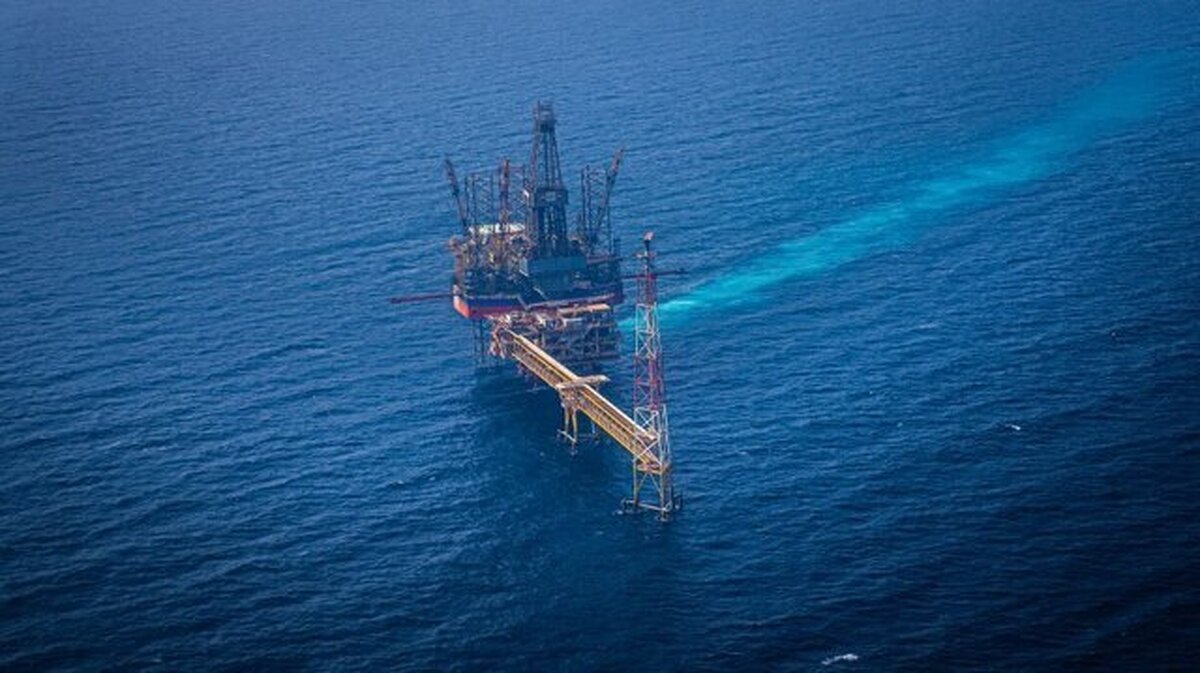
Local Firms Capable of Supplying Oil, Gas Equipment, Parts
EghtesadOnline: Oil Minister Javad Owji says domestic companies manufacture 70% of equipment needed in the oil and gas industry.
“Local firms have the potential to manufacture 95% of equipment and parts required in the key sector,” Owji was quoted as saying by ISNA.
“An estimated 1,100 companies are active in manufacturing oil/gas equipment and can meet a large proportion of local requirement,” he said.
“Domestic firms are capable of producing a wide range of equipment, including various types of drill bits as well as wellhead and downhole equipment, valves, boilers, turbines, pipes, bearings, electric brakes, traction motor, casing wrench and fluid pump, smart pigs used in cleaning the pipes, oil and gas measurement tools as well as equipment associated with health and safety.”
The minister noted that close to 80,000 people are directly and 120,000 indirectly employed in the oil/gas equipment manufacturing sector.
“Machinery and equipment for the oil industry, 80% of which in the past were imported, are being manufactured domestically by private companies with the help of knowledge-based firms,” he said.
The Oil Ministry has called on domestic manufacturers to mobilize their resources and prioritize the production of equipment and parts required by the oil industry.
The ministry has taken measures to boost the domestic manufacture of oil equipment to stem the outflow of capital. In 2014, a committee was set up to pursue the production of 10 major categories of equipment for the key oil and gas sector, including turbines and compressors.
Owji also said that the government does not insist on indigenizing every piece of equipment.
"The production of some oil equipment is not viable. It is not for lack of knowhow, but simply because it does not make economic sense," he added.
He noted that Iran is close to indigenizing the technology for producing corrosion resistant alloys – materials used for cladding pipes and equipment that increase resistance against corrosion and wear.
Advanced Technology
Iran was deprived of much-needed advanced technology and equipment to develop its oil and gas sector after the tightening of US restrictions in 2018 that significantly undermined its oil exports, foreign trade and banking relations.
While the sanctions have hit Iran’s economy and pressured different sectors, “evidence proves that the unilateral and trans-regional policy has not only impacted Iran, but also affected people in other countries which, we believe, will spread in the future if the irrational insistence on sanctions against Iran’s oil exports continues”, Owji said.
According to the minister, Iran has repeatedly announced its readiness to increase its oil output and stabilize the market.
OPEC+ members agreed in 2021 to raise crude oil output by 400,000 bpd in the 21st OPEC and OPEC+ Ministerial Meeting held via videoconference last November.
Iran has been exempted from a series of cuts to global supply agreed between OPEC and allies, a group known as OPEC+. The country has already been pumping more oil to the markets, as buyers prepare for a potential easing of sanctions if Tehran and world powers agree to revive a 2015 nuclear deal that had been abandoned by the former US government in 2018.
The return of Iranian supplies is expected to affect prices that have been recovering as a result of the easing of coronavirus restrictions around the world.
Raising Output
Latest OPEC figures show that Iran has had the highest monthly increase in oil production to well over 2.5 million barrels per day in May 2021.
The figure is still below the 3.8 million bpd of output recorded before the illegal US sanctions were imposed.
Oil exports, Iran’s main revenue source, have plunged under US sanctions. Tehran does not disclose export data, but assessments based on shipping and other sources suggest a fall from about 2.8 million barrels per day in 2018 to as low as 200,000 bpd.
Iran continues to develop its massive oil and gas sector, despite American hostility and the plunge in exports.
Authorities say higher production would meet growing domestic demand while it would ensure a quick return to international markets when US pressure tactics end.
Owji has recently announced that development programs are underway to bring the country’s refining capacity, including crude oil and gas condensate, to 3.5 million barrels per day.


